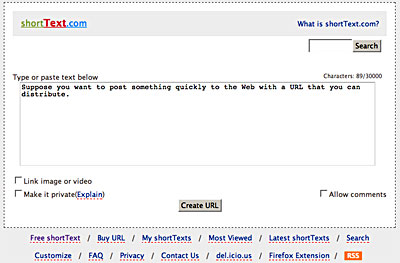From CNET News…
Last year, Hitachi Global Storage Technologies predicted hard-drive companies would announce 1 terabyte drives by the end of 2006. Hitachi was only off by a few days.
The company said on Thursday that it will come out with a 3.5-inch-diameter 1 terabyte drive for desktops in the first quarter, then follow up in the second quarter with 3.5-inch terabyte drives for digital video recorders, bundled with software called Audio-Visual Storage Manager for easier retrieval of data, and corporate storage systems.
The Deskstar 7K1000 will cost $399 when it comes out. That comes to about 40 cents a gigabyte. Hitachi will also come out with a similar 750GB drive. Rival Seagate Technology will come out with a 1 terabyte drive in the first half of 2007. The two companies, along with others, will tout their new drives at the upcoming Consumer Electronics Show in Las Vegas, and will show off hybrid hard drives, as well.
A terabyte is a trillion bytes, or a million megabytes, or 1,000 gigabytes, as measured by the hard-drive industry. (There are actually two conventions for calculating megabytes, but this is how the drive industry counts it.) As a reference, the print collection in the Library of Congress comes to about 10 terabytes of information, according to the How Much Information study from U.C. Berkeley. The report also found that 400,000 terabytes of e-mail get produced per year. About 50,000 trees would be necessary to create enough paper to hold a terabyte of information, according to the report.

